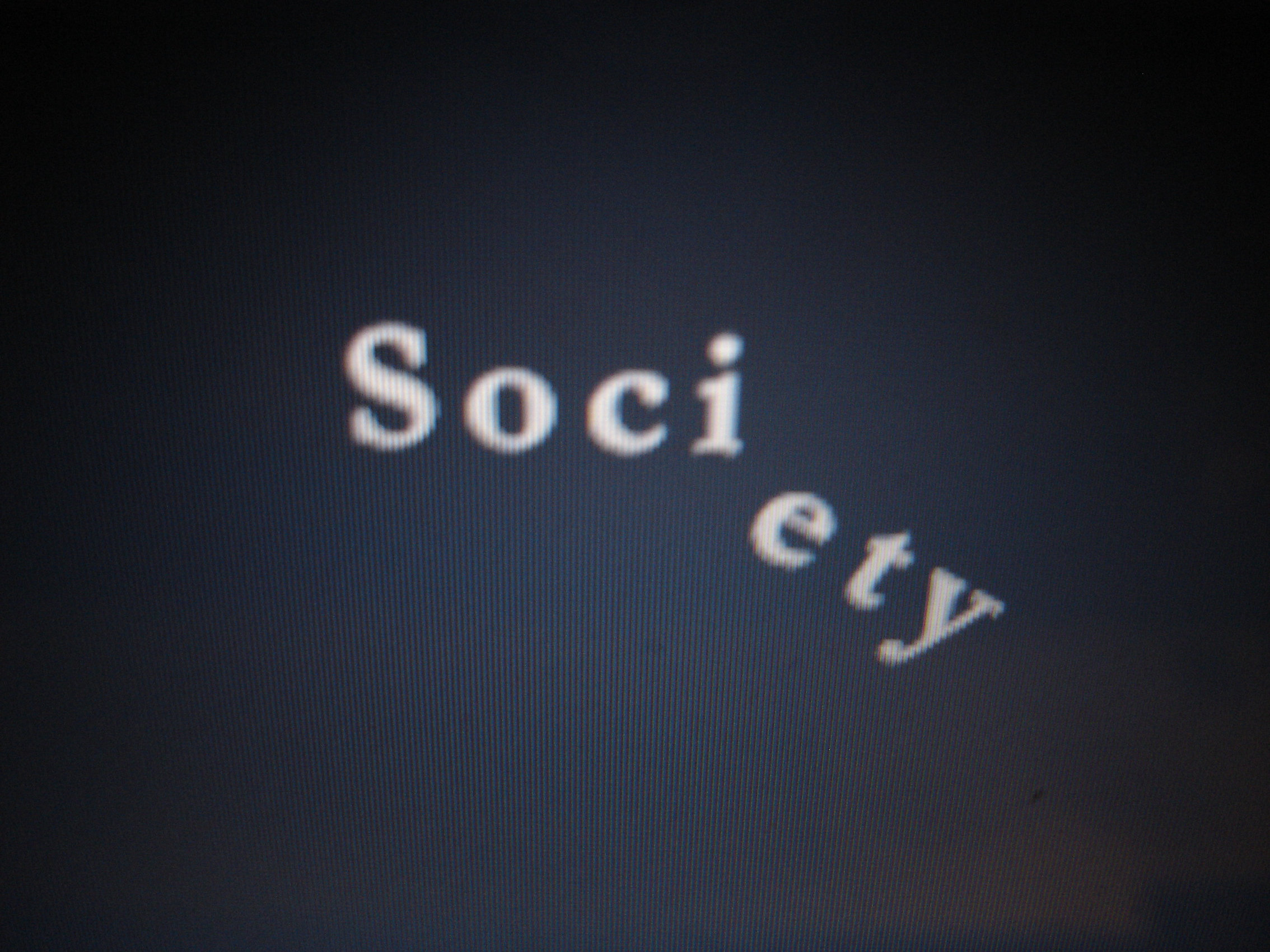Systems change, not climate change! We require a transformation to a low carbon economy, we need to build resilience to mitigate against the climate crisis. These are just a few slogans on how we can avert the worst impacts of the climate crisis. But what are they actually trying to say? Dealing with the climate crisis requires a redesign of our current system in favour of a new system. In other words, what’s required is a revolution.
What’s with all the vacillating? Why isn’t the word revolution in the vocabulary of groups calling for radical change? After all the words we use matter. Hiding behind phrases won’t get us anywhere. It seems the climate movement isn’t willing to use the word revolution, but why?
Revolution brings radical change
Revolution is a moment of societal flux. Where a new system overthrows a government or social order to introduce a new system. Glass doesn’t break in an orderly fashion. When society breaks, the effects are no different. Revolution brings radical social change, marking a break with the old. During this period a new system is propagating. But it takes time for new ideas and new ways of doing things to become normalised in society.
The revolutionary period is a pinprick in time that can alter the course of humanity. With it comes uncertainty, chaos, and disorder. For society to function people need to understand the rules of the system governing them. If social norms are changing from under your feet it’s bound to create a level of discomfort.
Catalysers vs Resistors
A revolutionary period begins when the current system is weakened. This provides a group or section of society an opportunity to establish ideas or beliefs they feel can solve social ills. These are the revolutionaries or catalysers of change. The revolutionaries instigate change with the aim of toppling the social order in favour of a new system.
As rare as revolutions are, successful revolutions are even rarer. People take comfort in certainty, they don’t like the discomfort produced by radical change, even if it’s to their benefit.
Revolutions then are met by counter-revolutionaries or resistors to change. They support the current system and fight against changes. This may well be because if the current order topples they have something to lose. If you gain power or legitimacy from how things are done now, change is a threat to your power base.
These two groups inevitably come into conflict during the revolutionary period, resulting in war. Conflict only adds to the disorder and uncertainty people feel in that moment of social flux.
Herein lies the reason why groups are resistant to use the word revolution to describe what’s necessary to deal with the climate crisis. Its connotations in society are of bloody unrest. Revolution is extreme, and those calling for revolution are ostracised as extremists.
The French Revolution
Governments wax lyrical about the virtues of democracy, and this model of government now dominates around the world. Many parts of the world enjoy freedom of speech, worship, association, and press. We see these aspects of society as our human rights, but this hasn’t always been the case. The French Revolution which broke out in 1789 created these ‘rights’.
The French Revolution marked a sharp departure from an old way of doing things. It’s not possible to say with any conviction whether representational democracies or freedom of speech would be the order of the day if it weren’t for the French Revolution.
Democracy was diametrically opposed to the feudal system which reigned supreme at the time. The only way this new system of governance could come into power was through revolution. As undesirable as it is, sometimes revolution is necessary to allow new ideas to come into existence and flourish. It may be crude but you can’t make an omelette without breaking eggs.
Liberty, Equality, Fraternity, revolutionary ideas during the French Revolution, and reviled by those in support of the King of France, is now the national motto of France. What’s certain in life is change will happen.
A climate revolution
The French Revolution was a watershed moment that has influenced the tide of humanity. The climate crisis could produce another watershed. The choices we make will decide the course of humanity. Like the years preceding 1789 discontentment is rife, the global climate strikes illustrate this.
What’s interesting about this moment in time is change is inevitable. Our current system is influencing the environment supporting life. It’s hard to think of a more damning verdict against the legitimacy of a system than the fact we’re creating conditions threatening all life on Earth. Each month seems to break a record for the hottest month on record. January 2020 was no exception.
George Santayana once said ‘those who cannot remember the past are condemned to repeat it.’ Humans are magnificent in so many ways, but we always seem to make the same mistakes. We seem to think now will be different from any other time. I’m not so convinced.
What’s clear is that the elite benefitting from our current way of doing things doesn’t want ‘systems change’. They gain their authority from the current structure. Creating a new system would put their power base and wealth at risk.
Efforts to reduce carbon dioxide in the atmosphere makes this apathy clear. Some people consider it a success that emissions of CO2 ‘only’ went up by 0.24 GTCO2 in 2019 to a record 36.81 billion tonnes of Carbon Dioxide. In a time when we need to radically reduce the amount of C02 in the atmosphere, this is nothing short of a spectacular failure.
We continue to cling on to the idea that somehow, somewhere, this system is going to spontaneously resolve the alarming issues we’re facing. It’s not looking likely.
A moment in time
Time will be the ultimate judge though. As we progress into the 21st century the climate crisis is going to escalate. As changes to the climate become more aggressive it’s going to feel more and more like a crisis. Extremes in weather will overwhelm society, leading to civil breakdown.
People will become disillusioned with governments incapable of implementing radical reforms necessary to restructure the current system. Once governments are weakened by their own ineptitude, it will bring about a moment in time ripe for revolution. A moment where new ideas and beliefs will have an opportunity to come to the fore and replace the current system.
We’d be wise to listen to Milton Friedman, a stalwart advocate of the neoliberal free market that’s dominating today’s economy, who once said:
Only a crisis — actual or perceived — produces change. When that crisis occurs, the actions that are taken depend on the ideas lying around. That…is our basic function: to develop alternatives to existing policies, to keep them alive and available until the politically impossible becomes inevitable.
Capitalism and Freedom, p.2.
This is no time for platitudes or token gestures. The reality is what’s required is a complete restructuring of society, the only way that can happen is through revolution.
Enlightenment ideas developed throughout the 18th century became central to the French Revolution. These ideas were impossible to implement while the feudal system reigned supreme. The politically impossible became possible when the revolution occurred.
Today’s situation is no different, but we must wait for the crisis to envelop the world. Once it does the crisis will produce change. What’s required now is to create the ideas of the future, ideas that at present are politically impossible. Once the climate crisis irrevocably weakens the current system the politically impossible will be inevitable.



